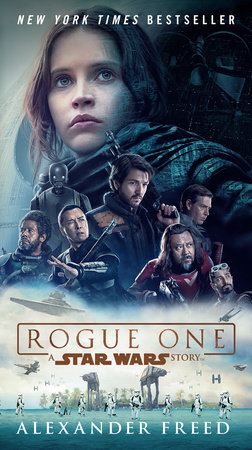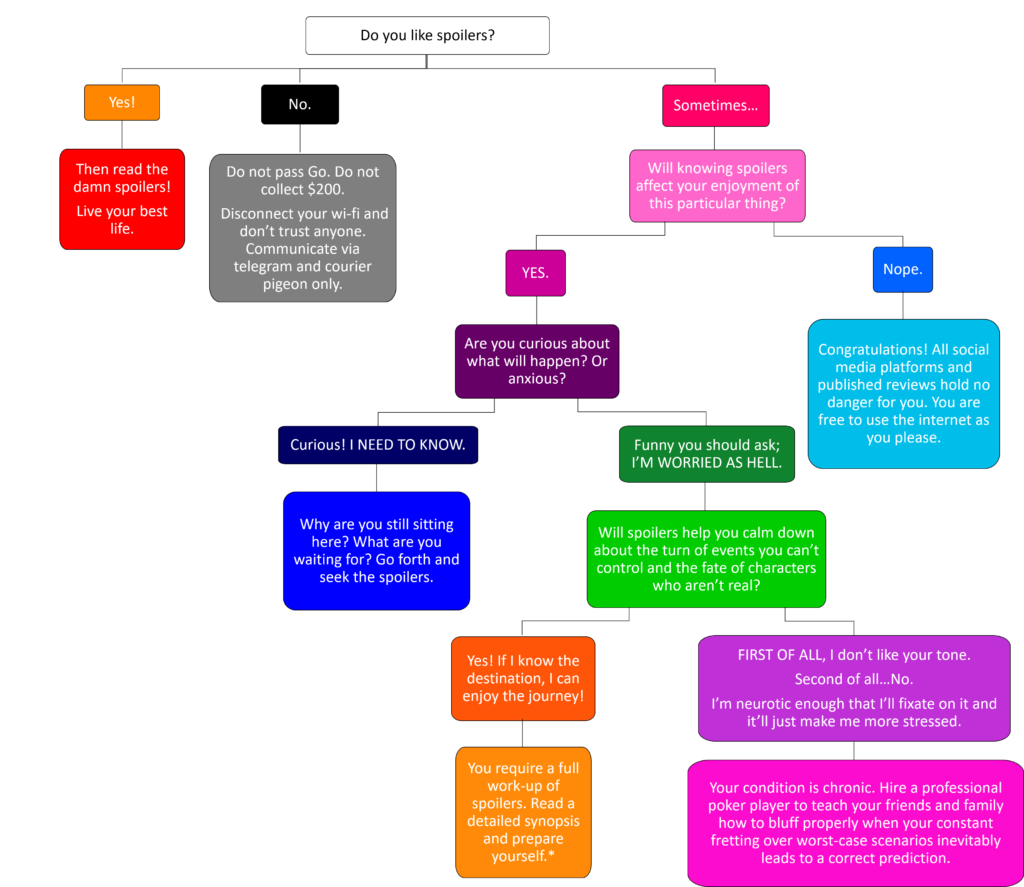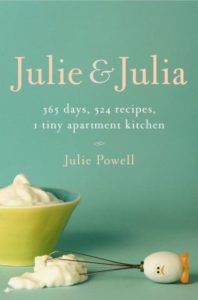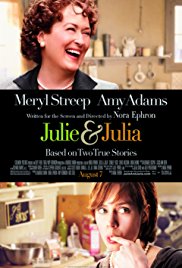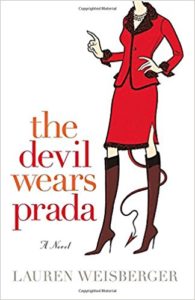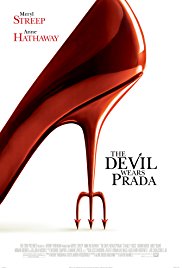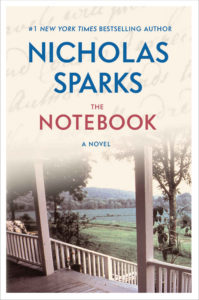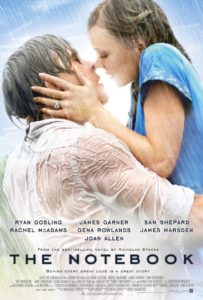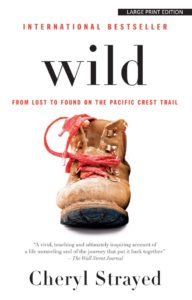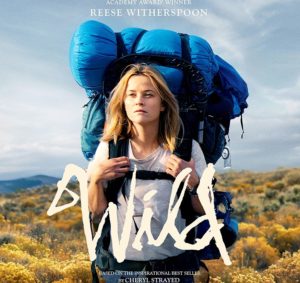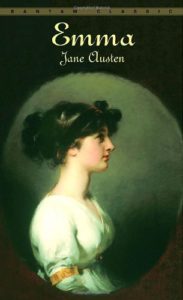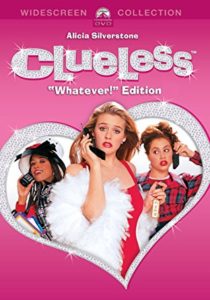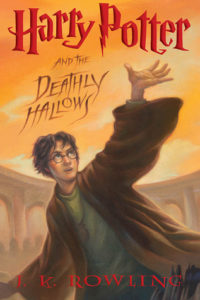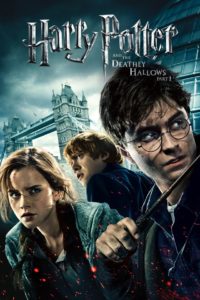At first glance, Hocus Pocus is filled with the kind of elements that make your favorite childhood movie cringeworthy as you—and the movie—get older: over-the-top theatrics, 90s-era special effects, a live-action talking cat, a musical number for no explicit reason other than Bette Midler is the one singing, and a cast of protagonists made up of then-unknown child actors. No way anyone predicts this movie ages well, let alone spends the next 25 years garnering the almost cult-like obsession of an entire generation.
But that’s exactly what it did.
And so you have to ask: Why Hocus Pocus? What’s so special about it that it earned the status of pop culture icon? How in the hell did this movie become the premier Halloween family film—over It’s the Great Pumpkin Charlie Brown and Garfield’s Halloween—with its own 24-hour movie marathon? Is it simply the power of nostalgic devotion? Is it the joy of watching A-list stars abandon their serious acting chops for the opportunity to let loose and have fun? Maybe it’s that there’s never been another movie quite like it, or that it goes all-in on its premise and makes no apologies for doing so.
Sure. It’s all of those things. But there are other movies (other Halloween movies) that fit that bill that don’t have the massive, widespread staying power of Hocus Pocus. Because here’s the real magic of Hocus Pocus: It’s—gasp!—actually a good movie.
Before you go laughing me out of town, hear me out: I’m not saying it was robbed of an award for Best Picture; I’m just saying—it holds up.
Because, yes, it is anchored by A-list stars, and the unknowns went on to have substantial acting careers. (Don’t believe me? Look up Jay and Ernie on IMDB. And Billy? You probably most recently saw Doug Jones as the fish god in The Shape of Water.) In grand 90s children’s movie tradition, it is both way too dark for its intended audience (the movie starts with a hanging, includes an attempt to burn people alive in an oven, and—oh yeah—its central premise revolves around eating children) and way too inappropriate (at least half the jokes go over your head as a kid), which means watching it as an adult is like seeing a whole new movie.
You have to give credit where credit is due. As a “film,” it hits so many beats so right: a lively, scarier-the-more-you-think-about-it story, totally unique characters, redemptive plot arcs, and a stronger sense of place, mood, tone, and myth than any ten movies you might list off the top of your head. It’s legitimately funny, surprisingly clever, and infinitely quotable. And it isn’t all spooky ridiculousness. As much as we root for the fledgling romance between Max and Allison, at its core, Hocus Pocus is about the deep and binding love between siblings. Max ultimately sacrifices himself for Dani—not Allison—saving his younger sister where Thackery Binx couldn’t, and Binx spends 300 years as a cat waiting for the day he can finally get revenge for his sister’s death and be reunited with her in the afterlife.
That’s a lot of heart for a movie that coined the term “yabos.” It’s no wonder the Hocus Pocus phenomenon lives on.

